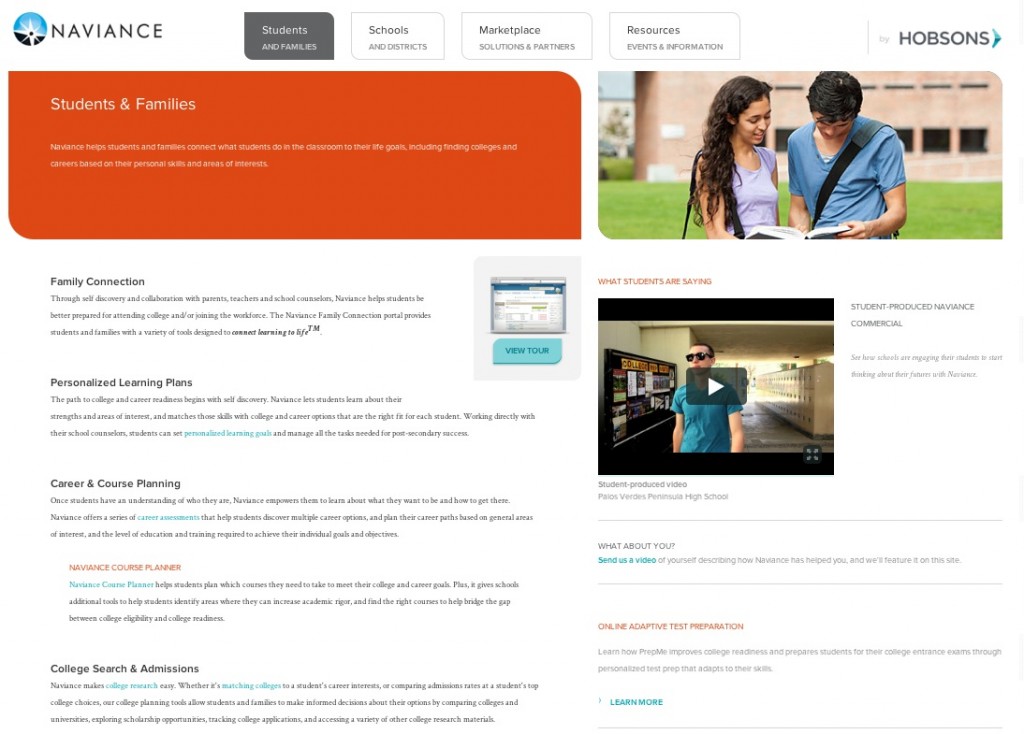When my daughter was heading off to college, we packed up her entire room except for the bed (no kidding) and shipped it 2000 miles to Boston. Once she got there we realized 1-she should have left most of it at home, and 2-we should have waited until we got there to see what she needed. We also found out that most of her incoming class was doing the same. Today’s guest post gives you some tips on how to avoid arriving with too much and what to do with it during the summer breaks.
______________
Across the nation at the end of each school year, college graduates (and some students simply leaving for the summer) participate in an incredibly wasteful tradition: They dump an entire home’s worth of furniture on the curb. Of course, it’s not the case with everyone or every school or every piece of furniture, but anyone living in a college town can attest to the phenomenon.
How much of that stuff did these students really need in the first place? How much of it was worth keeping?

Heading to college is typically a young person’s first taste of independent living. From unconventional furniture arrangements to indoor hammocks, the interior decorating habits of college students could be their own reality show. For a college student, a year of school can feel like quite a long time. But as any parent knows, May will be here before they know it. What on earth are they going to do with all of that stuff?
If your college-bound kid is vying for a new La-Z-Boy or insisting that they need a king size bed, here are a few tips for controlling the accumulation of stuff during the college years (and what to do with them in between).
- Communicate with Roommates–If two roommates show up to college, each with a couch in tow for their shared dorm room, there’s already a dilemma or potential conflict. For schools that assign a roommate (common for freshmen), they’ll also typically provide contact information. Touch base over the summer or winter break and figure out who can bring what so that you don’t double up on furniture.
- Use Thrift Stores–Let’s face it — furniture gets beat up during college. There’s no point buying an expensive sofa if there’s a chance of somebody dropping a drink between the cushions and forgetting about it for two weeks. Most towns have a thrift store where used couches, chairs, and tables can be purchased at a cost that may be reasonable enough to simply donate it back at the end of the year.
- Wait Until You Arrive–Most students have roommates during college, and it’s not uncommon to rent an apartment or house over the summer without seeing it first. Once all the inhabitants are together in the space is the best time to make decisions about furniture and decorating. It’s also a chance to pool resources so that everyone has a stake in the house’s furnishings. If one student shows up with a nice piece of furniture to share in a house with three other women or men, they should expect that it’s going to suffer some wear-and-tear over the course of a college year.
- Be a Minimalist–Have you ever been to an Asian tea house or restaurant where patrons sit on pillows on the floor? College may be your best option for trying that out.
Even if you heed this advice, there’s a very good chance that come May, you’ll have a load of stuff that doesn’t fit in your sedan for the ride back home for summer. A short-term storage unit rental can fit the bill, and the less stuff you’ve accumulated, the less space you’ll need (and the less it will cost).
Whether you’re going abroad for a semester or just leaving for the summer, these tips for storage will help ensure that you come back to your belongings just as you left them:
- Decide whether you need climate control or not–Almost everywhere in the U.S. can get pretty hot in the summer time. If you’re storing electronics, photographs, musical instruments, or anything that could melt, consider getting a unit with climate control.
- Find a reputable unit and read the fine print–There are too many horror stories of students utilizing minimum security storage facilities. Oftentimes, the user provides their own lock, and a break-in is their own liability. Know the rules and the rights you have at the storage facility you choose and protect yourself accordingly. And if you provide your own lock, get a sturdy one.
- Pack everything into plastic bins or tubs–Hauling the loose contents of a dorm room that you threw into the backseat of your car just begs for frustration when the next semester starts. Fold loose clothes and stack paperwork neatly in bins.
- Share with friends–When you’re planning ahead for the furniture you’ll use with your roommates, go ahead and discuss who is responsible for storing the items when that time comes. Splitting a unit between multiple people can save money, but you’ll want to coordinate to insure that everyone has access to any personal items stored in the unit that they might need over the break.
College is a learning experience, well beyond the classes you take. It’s also a young person’s first opportunity to practice self-reliance and live outside of the comforts of their parents’ home. Help to remind your student that it’s a transitory period and they don’t need to furnish their apartment to the nines. At the same time, it’s a chance to learn how to care for their belongings, including the responsibility of storing them when they’re away.
__________________________
Our guest post today is from Kenneth McCall. Kenneth loves to bike and hike. When he’s not busy with outdoor activities he is a managing partner at storage.com, a leading provider of self storage for homeowners and businesses. Ken designs systems and tools for homeowners and businesses that need storage in places in the southwest like self storage in Albuquerque and Phoenix.









